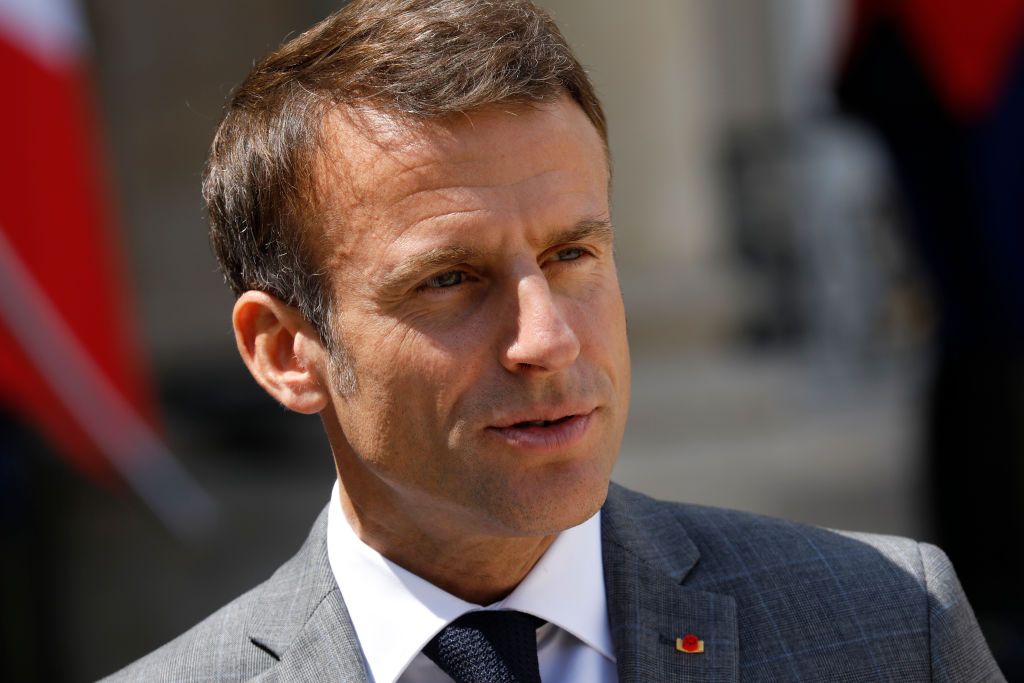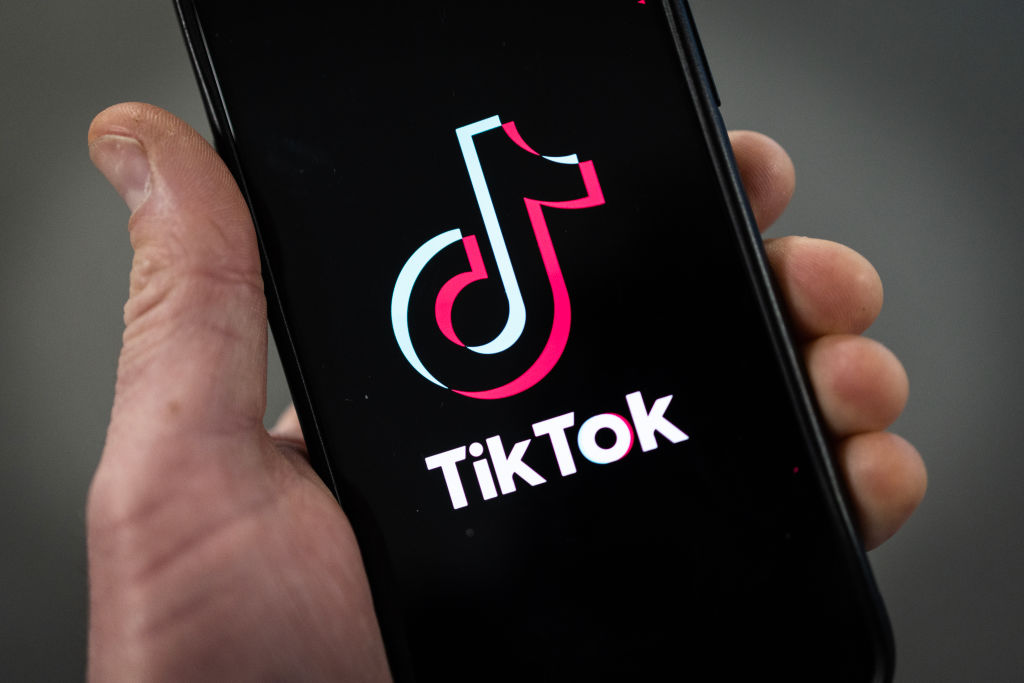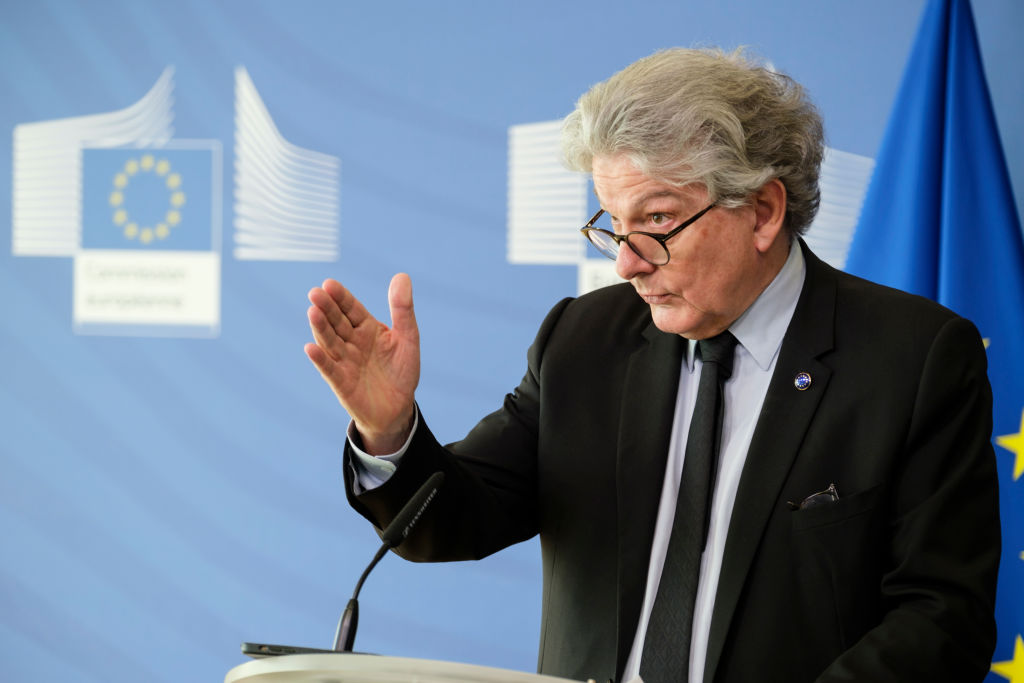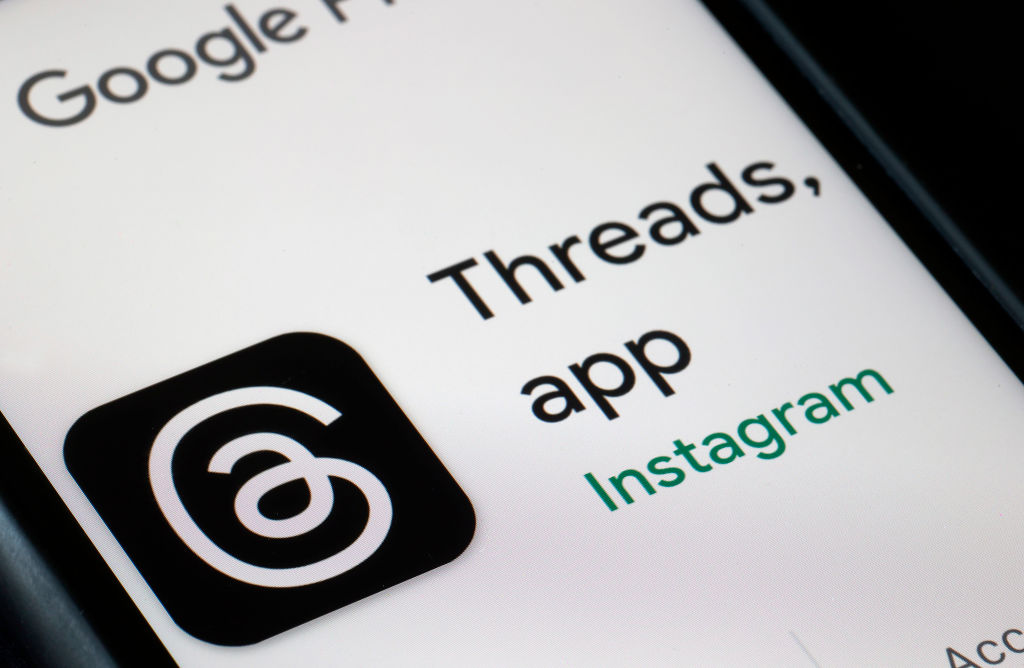Authorities in France have demanded big tech corporations increase efforts to clamp down on hate speech ahead of the implementation of the European Union’s Digital Services Act (DSA).
The act has been heralded by various French politicians as a tool to stamp out unwanted content online. EU Commissioner and French native Thierry Breton has insisted that the measures will allow “problematic” social media sites to be entirely removed from the European internet within hours.
France’s digital regulator Arcom has now demanded social media sites tighten their censorship enforcement regimes ahead of the bill coming into force this August.
#HaineEnLigne : à quelques semaines de l’entrée en application du #DSA??, l’@Arcom_fr publie le bilan 2022 des moyens mis en œuvre par les plateformes pour lutter contre les contenus haineux. Que faut-il retenir ? #Thread /6 ?https://t.co/SMK2ofWJCv pic.twitter.com/ViVUApr7qw
— Arcom (@Arcom_fr) July 24, 2023
“Only good platform/authority cooperation will allow an effective criminal response against hateful content,” the group wrote online, reminding the likes of Google, Twitter and TikTok that swift enforcement of censorship rules will soon be mandatory under the DSA.
The warning corresponds with Arcom’s publication of its 2022 assessment of hate speech online, with the regulator sending questionnaires to 13 different social media giants asking them to clarify their enforcement mechanisms.
Arcom also reviewed the nature of each tech firm’s hate-speech reporting system to see how effective they were.
Despite the sabre-rattling, the regulator seems to be largely satisfied with the anti-hate-speech measures being taken by the major corporations it reviewed, even praising controversial US billionaire Elon Musk’s Twitter/X for “high transparency” in its enforcement of hate rules.
“The 13 platforms questioned have, on the whole, demonstrated enhanced transparency, which reflects a desire to prepare for their compliance with the [DSA],” the organisation said, adding that the reviewed platforms “generally implemented means to encourage the reporting of illegal content”.
The report also praised the use of so-called “trusted flaggers” by many tech giants.
Arcom demanded that the use of trusted flaggers continue and that building relationships with such individuals and groups “must be treated as a priority”.
The regulator’s censorship push comes as France enhances its surveillance systems, which are being expanded ahead of the Paris Olympics next year.
Amid efforts to legalise state “spying” using personal electronic devices, such as sex toys and mobile phones, French President Emmanuel Macron’s government is also rolling out a raft of surveillance cameras in the French capital.
Equipped with Artificial Intelligence capabilities designed to detect “suspicious activity” during the games, the system has provoked serious concerns that the cameras will become a permanent addition to the city.
“We’ve seen this before at previous Olympic Games like in Japan, Brazil and Greece,” one observer said.
“What were supposed to be ‘special security arrangements for the special circumstances of the games,’ ended up being normalised.”





